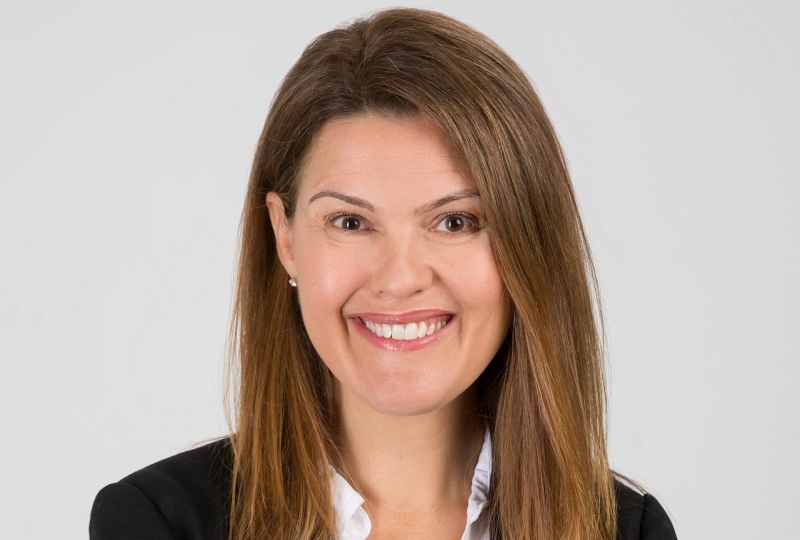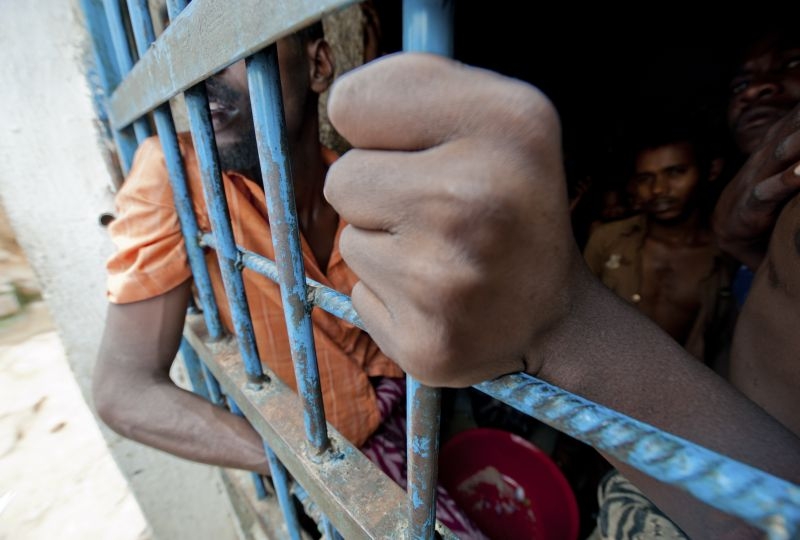The paper's findings draw from an analysis of semi-structured interviews with 120 youth previously associated with non-State armed groups (NSAGs) such as Al-Shabaab, the Houthis, SPLM-LO, and FARC. It confirms the disproportionate participation of young people in violent extremism and NSAGs at between 70-90 percent. The data also highlights the vulnerabilities faced by these individuals both before and after their engagement. Strikingly, a vast majority of respondents had desired to leave their groups but lacked opportunity.
Hindrances included fears of reprisals, lack of practical support, and to a lesser extent, the absence of legal amnesty. The paper also highlights consistent messages from YANSAG to their peers, emphasizing the scope of life outside of the group.
‘In short, we need to radically rethink our approach to YANSAG. Strategies need to be centred around prevention, providing concrete assistance for safe disengagement, extending juvenile justice norms to YANSAG, and integrating restorative justice with a focus on desistance rather than de-radicalization’ underlines Dr Nagai.
‘Integrating YANSAG’s concerns into conversations around peacebuilding, stabilization, resilience and broader youth agendas is also pivotal’ he adds.











